Sumo, Samurai, Or Ninja - Which Would You Like To Be?

If you could choose between being a sumo wrestler, a sword-wielding samurai, or a stealthy ninja, which would you pick? Can't decide? Well, read on to learn more about these roles and find out where you can try your hand at each in Japan.
How many of us wanted to be a pirate, or a cowboy when we were kids? For children in Japan, there are three distinct careers that immediately come to mind when thinking of a fantasy job. If you could choose between being a sumo wrestler, a sword-wielding samurai, or a stealthy ninja, which would you pick? It's a tough choice, so in this article, let's take a look at places where you can experience all three. Who knows, it might change your mind about which one to choose!
Mighty Titans - Sumo Rikishi
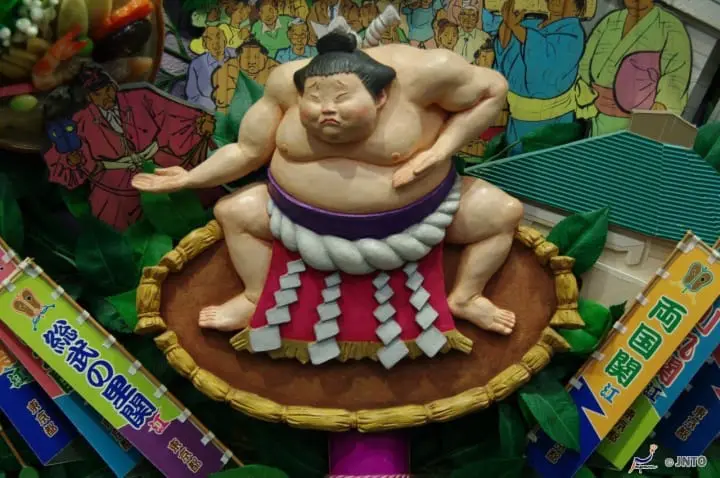
From: Tips For Watching Sumo In Tokyo - Key Terms, Tickets And Schedule
Japan's national sport, sumo actually comes from Shinto practices, and was often a key part of worship during festivals at shrines and temples around the country throughout history - until it was banned for "corrupting public morals".
However, in 1684 the Edo Bakufu government gave Tomioka Hachimangu Shrine (in present-day Tokyo) permission to hold sumo wrestling events. After that, sumo wrestling events were regularly held in the shrine grounds in the spring and fall. At this shrine you can find monuments to sumo, and to the Yokozuna (top wrestlers) throughout Japanese history.
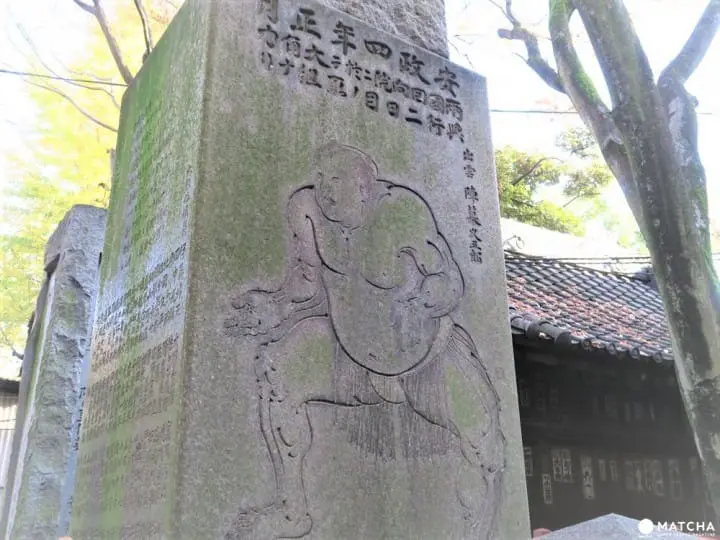
From: Tomioka Hachimangu: The Origins Of Sumo Wrestling
Of the three options, sumo is the only one that is still a viable career in the modern era, and is one that requires a great deal of physical strength, dedication, and determination. If you happen to be in Tokyo during the honbansho, or official professional match, then you must head to Ryogoku Kokugikan, the only hall where sumo bouts take place in the region.
Honbansho are held six times a year, but there are three annual tournaments at Ryogoku Kokugikan Hall, which are held in January, May and September.
While the majority of people prefer to watch sumo during the seasonal tournaments held around Japan, some have the rare opportunity to watch the wrestlers in action up close. At sumo stables like Musashigawa-Beya, visitors may watch junior wrestlers practice, and even share a meal of chanko nabe with them as well.
The Knights of Japan - Samurai
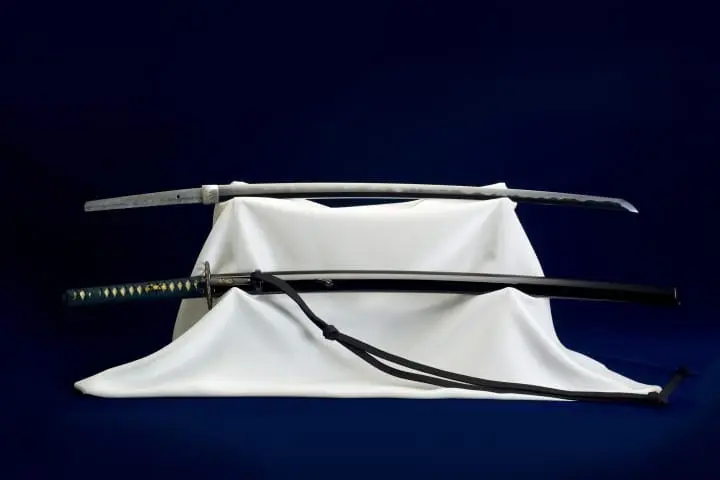
From: Witness The Making Of A Sword! The Bizen Osafune Japanese Sword Museum
From about the 1000s through to the end of the Edo era, but particularly prominent during the Sengoku period, daimyo and the samurai class of warriors rose within Japanese society to positions of great power.
Best known for their impressive armors and swordsmanship, samurai continue to thrill audiences in novels, television dramas, movies and both video and smartphone games all across Japan, and even around the world.
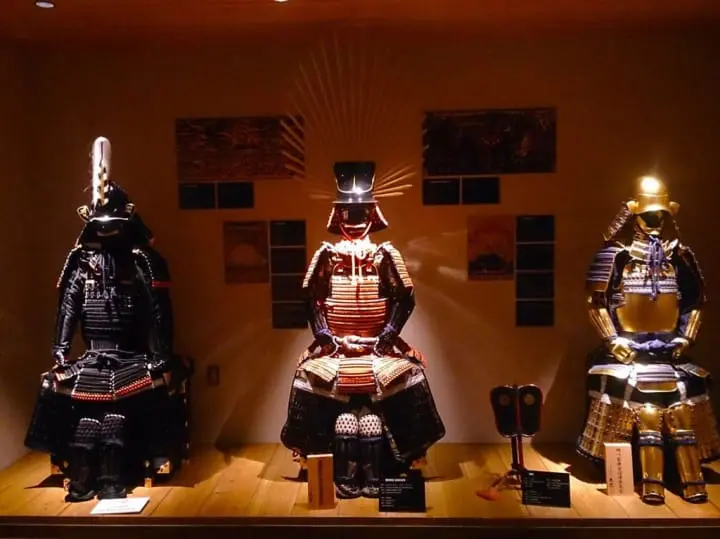
From: Learn How to Use a Katana! The Samurai Museum in Shinjuku
At the Samurai Museum in Shinjuku, Tokyo, visitors can learn all about the history of the samurai class, view historical suits of armor from the Edo era, see artifacts and replicas of weapons, and even don the armor of a samurai for yourself. Not only that, but you can also take part in tate (sword battles) and iai (sword drawing) experiences, and even lessons in calligraphy, a necessary art for any samurai to master, here too.
To learn more about what it takes to be a samurai, check out Learn How to Use a Katana! The Samurai Museum in Shinjuku.
Silent Spies - Ninja
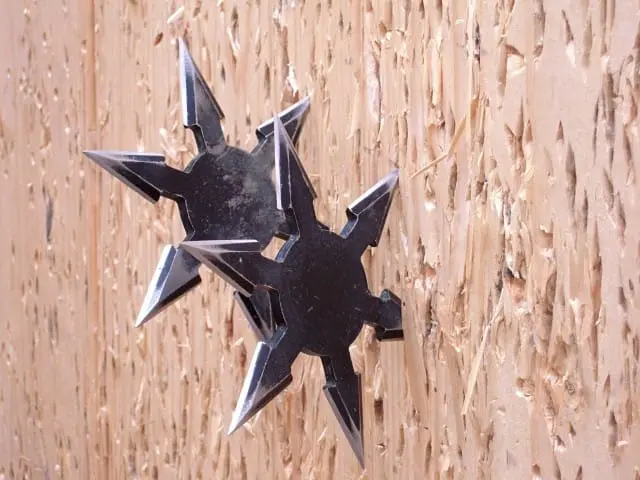
From: Shadowy Spies And Where To Find Them - A Modern Ninja Village!
The ninja, a historical spy and assassin that was primarily used during the Sengoku to Edo periods, also fought alongside or against, the samurai.
Ninja were properly referred to as shinobi, kanja (spies), or onmitsu (secret detectives), and had to be specially trained in a variety of arts, including military, academic, and every day jobs in order to truly blend in with the rest of society. No one knows for certain how this position arose, but the art of ninjutsu and the practice of it was most famously developed in Mie and Shiga prefectures.
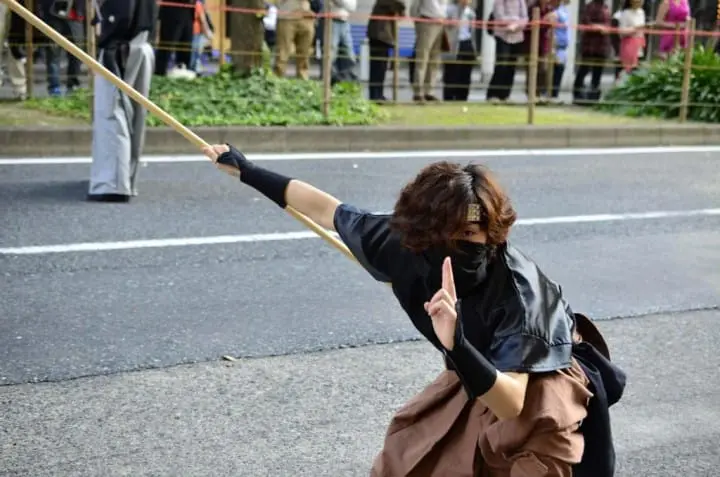
From: Shadowy Spies And Where To Find Them - A Modern Ninja Village!
There are plenty of places where you can learn about the ninja, and even become one yourself all across Japan, such as at the Ninja Village Ureshino Onsen Hizen Yume Kaido in Saga, or the Ninja Museum of Igaryu in Mie, where you can also ride on the special ninja trains too!
Well - Which Do You Want to Be Now?
It's a really tough choice, isn't it? There are so many different variables to consider, you might find yourself changing your mind over and over again.
And if you still can't decide, then why not take a trip to the Nikko Edo Village in Tochigi, where you can see both ninja and samurai for yourself, or take in a sumo battle for yourself at Ryogoku Kokugikan? Either way, you're sure to have a great time and learn more about Japanese history too!
Writer, translator, designer, weirdo.


































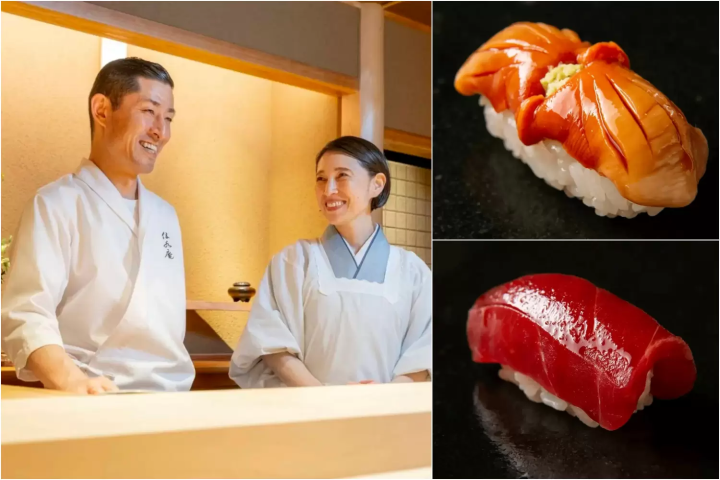
![[No need to worry!] A guide to buying entertainment tickets in Japan](https://resources.matcha-jp.com/resize/720x2000/2025/04/21-231654.webp)


![[ Naruto City, Tokushima Prefecture ] Experience the world's largest whirlpools up close on a sightseeing boat at the Spring Whirlpool Festival!](https://resources.matcha-jp.com/resize/720x2000/2025/02/05-222727.webp)